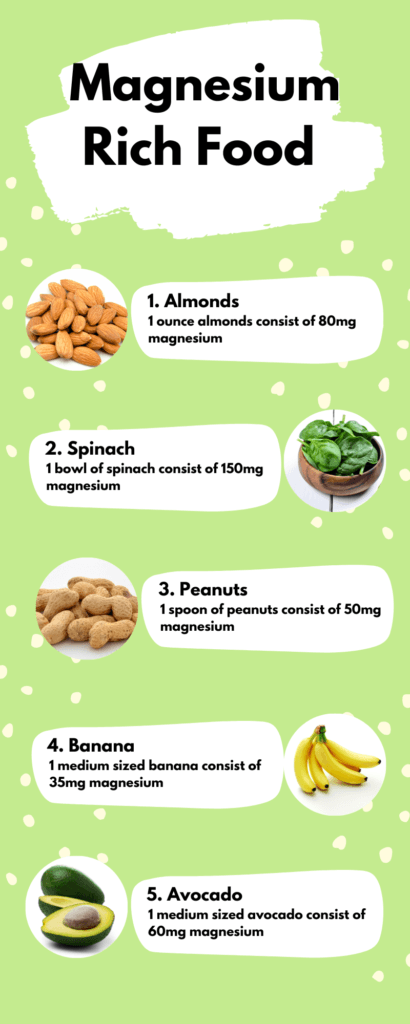Navigating the waters of perimenopause can be a challenging journey for many women. From fluctuating hormones to disruptive symptoms, this transitional phase leading up to menopause can bring about a host of physical and emotional changes. However, amidst the turbulence, there may be a shining beacon of relief: magnesium. In recent years, research has shed light on the profound difference high doses of magnesium can make for women during perimenopause, offering newfound hope and empowerment.
Understanding Perimenopause

Before delving into the role of magnesium, it’s essential to grasp the intricacies of perimenopause. This phase typically begins in a woman’s 40s but can start earlier for some and last for several years before menopause officially occurs. During perimenopause, the body undergoes significant hormonal shifts, particularly in oestrogen and progesterone levels, leading to a myriad of symptoms such as hot flashes, mood swings, insomnia, and irregular periods.
The Magnesium Connection:
Magnesium, often referred to as the “miracle mineral,” plays a crucial role in over 300 enzymatic reactions within the body, including those involved in hormone regulation and neurotransmitter function. Despite its importance, many individuals, especially women, are deficient in this essential nutrient due to factors such as poor dietary intake, stress, and certain medications.
Research has shown that magnesium deficiency may exacerbate symptoms commonly associated with perimenopause. By replenishing magnesium levels through supplementation, women may experience a notable improvement in their overall well-being during this transitional phase.
Relief from Symptoms:
One of the most significant benefits of magnesium supplementation for women in perimenopause is the alleviation of symptoms. Studies have indicated that magnesium can help reduce the frequency and severity of hot flashes and night sweats, providing much-needed relief from these disruptive symptoms. Additionally, magnesium’s calming effect on the nervous system can help mitigate mood swings, anxiety, and irritability, promoting emotional stability and a sense of calm.
Moreover, magnesium’s role in promoting restful sleep can be particularly beneficial for women experiencing insomnia during perimenopause. By modulating neurotransmitters involved in sleep regulation, magnesium can help improve sleep quality and duration, allowing women to wake up feeling refreshed and rejuvenated.
Research suggests that magnesium supplementation can aid weight loss efforts in several ways. Firstly, magnesium supports insulin sensitivity, promoting glucose uptake by cells and reducing blood sugar levels. By stabilising blood sugar, magnesium helps prevent insulin spikes, which can lead to fat storage. Secondly, magnesium regulates cortisol, the stress hormone, reducing stress-induced cravings and emotional eating. Lastly, magnesium supports energy production and muscle function, enhancing physical performance and calorie expenditure.
Bone Health and Beyond:
Beyond symptom relief, magnesium also plays a crucial role in supporting bone health, which becomes increasingly important as women age and approach menopause. Magnesium works synergistically with calcium and vitamin D to maintain bone density and prevent osteoporosis, a condition characterised by weak and brittle bones. By ensuring adequate magnesium intake, women can fortify their skeletal structure and reduce their risk of fractures and bone-related complications later in life.
Furthermore, magnesium’s anti-inflammatory properties may offer additional benefits for women in perimenopause, such as reducing joint pain and muscle discomfort commonly experienced during this phase.
Choosing the Right Form and Dosage:
When considering magnesium supplementation, it’s essential to select the appropriate form and dosage for optimal results. Magnesium citrate, glycinate, and malate are among the most bioavailable forms, meaning they are readily absorbed and utilized by the body. Starting with a lower dose and gradually increasing it as tolerated can help minimise gastrointestinal side effects such as diarrhoea, which may occur with high doses of magnesium.
Consulting with a healthcare provider before initiating magnesium supplementation is advisable, especially for individuals with pre-existing medical conditions or those taking medications that may interact with magnesium.
Final Thoughts:
As women navigate the transformative journey of perimenopause, embracing the power of magnesium can be a game-changer. From easing troublesome symptoms to promoting overall well-being, magnesium supplementation offers a natural and effective approach to supporting women during this transitional phase of life. By harnessing the benefits of this essential mineral, women can reclaim control of their health and stride confidently towards menopause and beyond.



